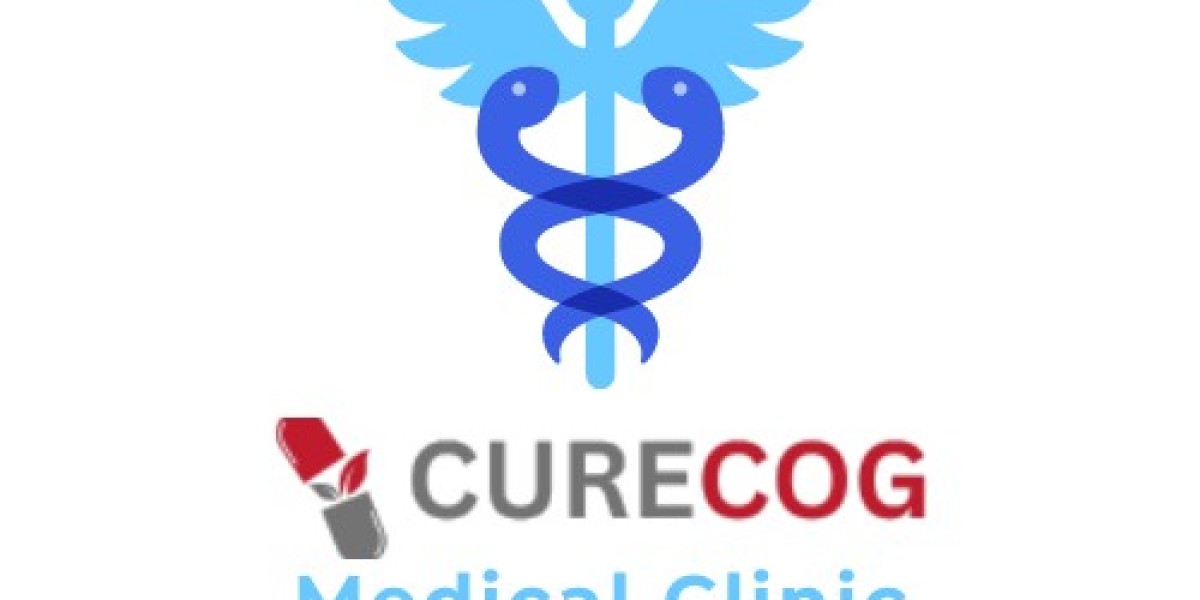Flexographic printing ink, commonly known as flexo ink, is at the heart of the packaging industry, offering a versatile solution for high-speed printing on a variety of materials. This specialized ink is widely used for printing on non-porous materials like plastic, foil, and metallic films, making it ideal for packaging solutions in industries such as food and beverage, pharmaceuticals, and personal care. The unique adaptability of flexographic printing ink has driven its significant growth in recent years, as demand for quality and environmentally conscious packaging increases.
Flexographic Printing Ink Market Size was estimated at 12.18 (USD Billion) in 2022. The Flexographic Printing Ink Industry is expected to grow from 12.84(USD Billion) in 2023 to 20.63 (USD Billion) by 2032. The Flexographic Printing Ink Market CAGR (growth rate) is expected to be around 5.41% during the forecast period (2024 - 2032).
Flexo inks come in several types, with water-based, solvent-based, and UV-curable inks being the primary categories. Each type caters to different packaging needs and environmental considerations. Water-based inks, for example, are popular for their low environmental impact and compliance with stringent VOC (volatile organic compound) regulations, making them suitable for food packaging. Solvent-based inks, known for their durability and vivid colors, are favored in industries requiring robust packaging. UV-curable inks, on the other hand, offer quick drying times and vibrant colors, adding value to industries seeking high-quality finishes.
The surge in e-commerce and demand for flexible packaging are primary factors fueling the growth of the flexographic printing ink market. As companies seek to create stronger brand identities through visually appealing packaging, the ability of flexo inks to produce high-quality graphics on a wide range of surfaces is a significant advantage. Moreover, flexographic printing is known for its cost-effectiveness and efficiency, especially for long-run printing, making it an attractive choice for companies aiming to streamline their packaging processes.
key companies.:
Toyo InkewnparaHubergroup, Arkema, BASF, Sun Chemical, T Toka, Akzonobel, Sakata INX, Chromaflo Technologies, Siegwerk, API, Flint Group, Zeller+Gmelin, UFlex, DIC Corporation
Sustainability has become a key focus area in the printing industry, pushing manufacturers to innovate and develop eco-friendly flexographic inks. Water-based inks, in particular, have garnered attention for their reduced impact on the environment. These inks not only comply with regulatory standards but also resonate with consumers who are increasingly eco-conscious. Moreover, advancements in bio-based materials are opening new doors, as companies experiment with renewable resources to create inks that are both effective and sustainable.
Geographically, the flexographic printing ink market is expanding across North America, Europe, and the Asia-Pacific region. North America and Europe are mature markets, with high standards for sustainable packaging and advanced printing technologies. Meanwhile, the Asia-Pacific region is experiencing a surge in demand due to rapid industrialization and the growing e-commerce sector, particularly in countries like China and India. As the region continues to expand its manufacturing capabilities, demand for flexible, cost-effective printing solutions like flexographic inks is expected to grow significantly.
Download Report Sample Copy With Toc Flexographic Printing Ink Market Report
Technological advancements, such as the development of high-definition (HD) flexo, have further enhanced the market’s appeal. HD flexo delivers sharp images and high-quality print finishes, allowing brands to create detailed designs that stand out on store shelves. Additionally, automation in flexographic printing equipment is optimizing production speeds and reducing manual errors, adding to the overall efficiency of flexo printing.









